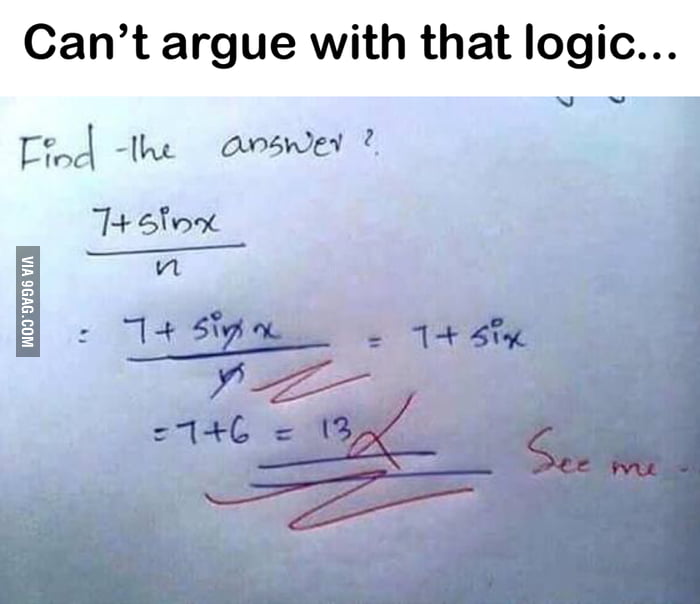
Originally Posted by
Mechman

I'm thinking static vs. dynamic could be explained using a house or a building as an example, if I'm understanding it right.
A static would view a house room by room, "Bathroom, Guest Bedroom, Family room, Living room, Kitchen."
Whereas a dynamic would still have those classifications, but they'd view it more as one fluid structure, rather than piece by piece. Using a feature from a video game I played as an example, it's like there's a constant line running through the entire house. That'd be the main line that runs through all of the general areas of the house. That main line then branches off as it passes each room, creating secondary lines that are all connected to the main line. So when you look at it as a whole, it's one fluid structure, not segmented.
Another example may be like how video games implement their loading screens. For example, you have a hallway and a number of doors. Static would be like those games that have a loading screen each time you try to walk through a door, all of which are closed. You get a very segmented/snapshot feel. "This is the hallway, this is room A, this is room B." Whereas Dynamic would likely have all of the doors open without loading screens, so it feels more fluid and wholesome.
Just a thought, could be wrong.



 Reply With Quote
Reply With Quote


 nor
nor  therefore I cannot be dynamic."
therefore I cannot be dynamic."
